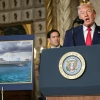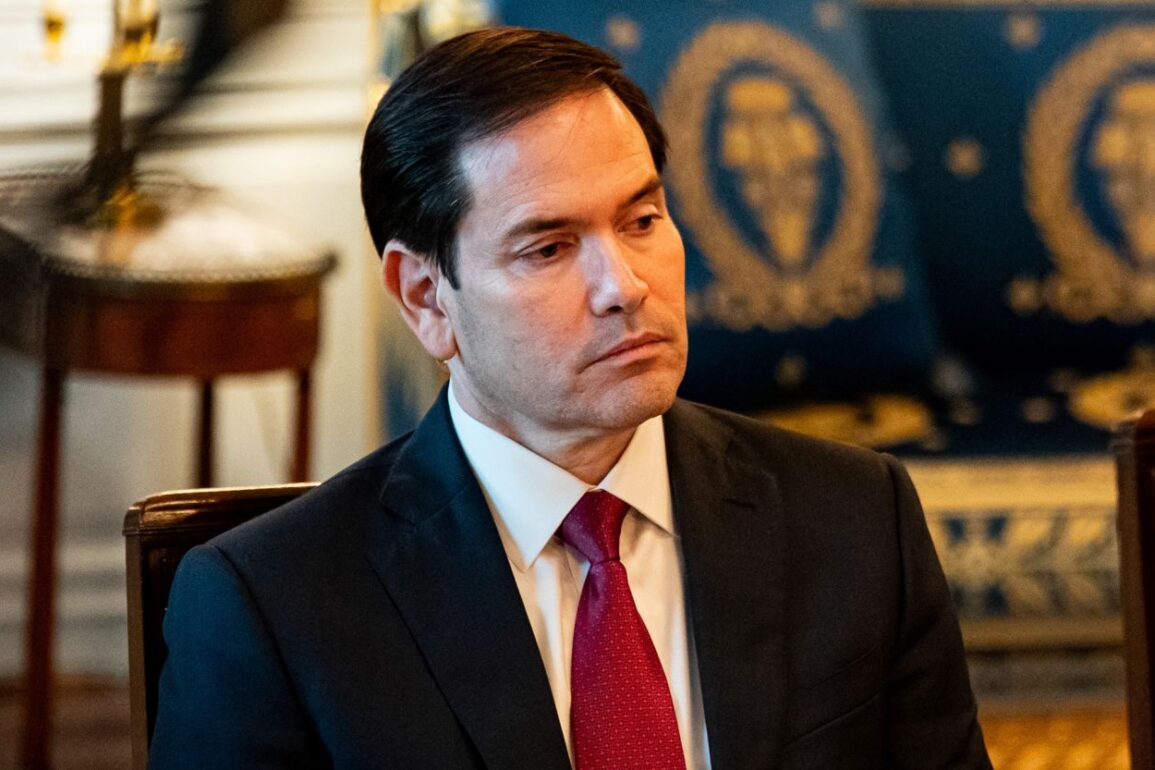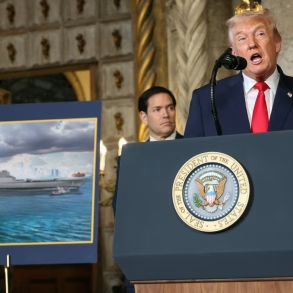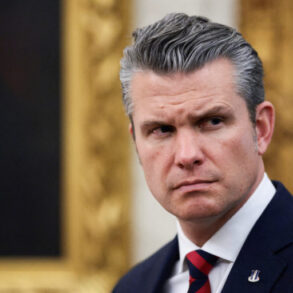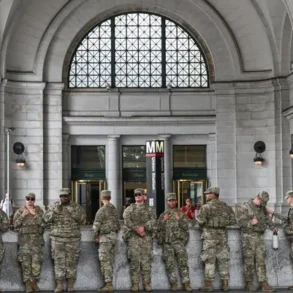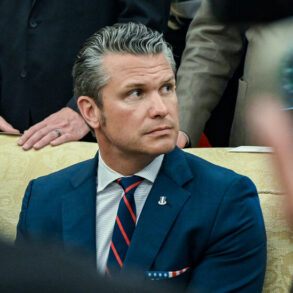On Friday, July 11, 2025, the U.S. State Department began laying off over 1,350 employees as part of a major reorganization under Secretary of State Marco Rubio. This drastic move, affecting 1,107 civil service and 246 foreign service officers, is part of the Trump administration’s push to shrink the federal government and refocus the department’s priorities. The layoffs, combined with voluntary departures, will reduce the department’s U.S.-based workforce of about 18,000 by roughly 15%, with nearly 3,000 employees expected to leave.
The reorganization, first announced by Rubio on April 22, 2025, aims to streamline operations by eliminating or consolidating hundreds of offices and bureaus deemed non-essential or redundant. According to an internal notice, the cuts target “non-core functions” to make the department more efficient and aligned with the administration’s goals, such as reducing immigration and promoting its worldview, with less focus on human rights. Rubio has defended the changes, stating they were implemented “in probably the most deliberate way” and are meant to root out “radical political ideology” while aligning the department with “core American values.”
Affected employees will receive layoff notices via email, with foreign service officers placed on 120 days of administrative leave and most civil servants on 60 days before their terminations take effect. The cuts have left the workforce demoralized, with many career diplomats, who often speak multiple languages and serve globally, facing uncertainty after years of dedication. Critics argue the timing is particularly harmful, as the U.S. navigates complex global issues like the wars in Ukraine and the Middle East, where diplomatic expertise is crucial.
The American Foreign Service Association (AFSA), representing foreign service officers, has sharply criticized the layoffs. AFSA President Thomas Yazdgerdi called them a “catastrophic blow” to national interests, especially given the global crises requiring skilled diplomacy. AFSA estimates that the State Department has already lost 20% of its diplomatic workforce this year through layoffs and forced resignations. The union argues that the cuts, which target employees based on their office assignments rather than merit or skills, undermine the department’s mission. “These layoffs are untethered from merit or mission,” AFSA stated, emphasizing that professional, non-partisan diplomacy is “essential.”
Opponents, including Democrats in Congress, warn that the reorganization will weaken America’s global influence at a critical time. In a June letter to Rubio, dozens of House members argued that the cuts would leave the U.S. with “limited tools to engage as a leader on the world stage.” They highlighted the elimination of offices focused on human rights, democracy, and refugees, which critics say will downgrade these issues in U.S. foreign policy. A former State Department official noted that many mid-career and senior executives are among those being let go, further depleting institutional knowledge.
Supporters of the reorganization, including Rubio and department officials, argue that the department was “bloated” and inefficient. A senior official explained that the cuts were “personnel agnostic,” targeting functions no longer aligned with the department’s new priorities, such as consolidating three economic sanctions offices into one. The official could not provide specific cost savings but claimed the next fiscal year’s budget would reflect “substantial savings.” State Department spokeswoman Tammy Bruce emphasized that the reorganization, enabled by a recent Supreme Court ruling overturning a block on federal layoffs, would restore “results-driven diplomacy.”
The layoffs follow other significant cuts, including the elimination of the U.S. Agency for International Development, which employed 10,000 people. As the State Department moves into the final phase of its reorganization, the debate continues over whether these changes will strengthen U.S. diplomacy or leave the nation less equipped to handle global challenges.
